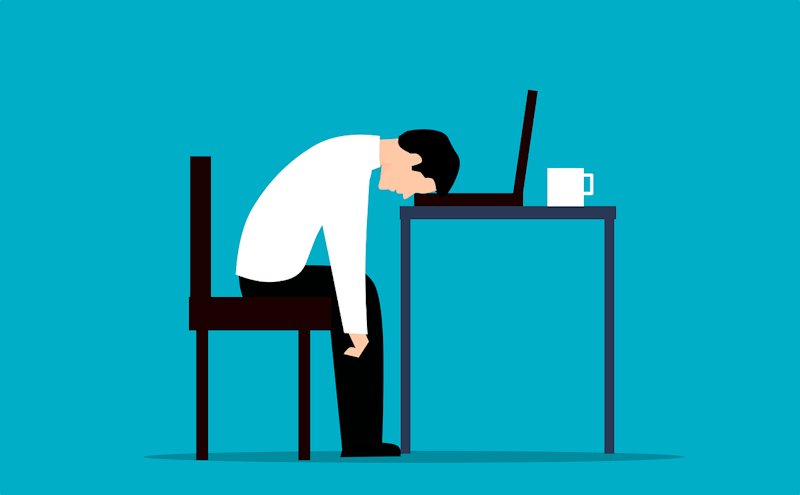
Thousands of people here in Central Florida suffer from chronic sinusitis. Pressure, pain, headaches, and runny nose. There is new research showing sinus problems are also associated with brain fog or struggles with focusing. A recent article published in Science Daily explains:
New research links sinus inflammation with alterations in brain activity, specifically with the neural networks that modulate cognition, introspection and response to external stimuli.
The paper was published today in JAMA Otolaryngology-Head & Neck Surgery.
“This is the first study that links chronic sinus inflammation with a neurobiological change,” said lead author Dr. Aria Jafari, a surgeon and assistant professor of Otolaryngology-Head & Neck Surgery at the University of Washington School of Medicine.
“We know from previous studies that patients who have sinusitis often decide to seek medical care not because they have a runny nose and sinus pressure, but because the disease is affecting how they interact with the world: They can’t be productive, thinking is difficult, sleep is lousy. It broadly impacts their quality of life. Now we have a prospective mechanism for what we observe clinically.
Suffering from sinus problems can leave you feeling miserable. You’re congested, have pain and pressure in your face, your nose is running, and you just feel tired.
The discomforts of chronic sinusitis can affect the overall quality of your life.
Reducing you productivity
It can be difficult to concentrate when your dealing with facial pain and pressure. Many people describe it as brain fog, struggling to focus on everyday tasks.
Increased costs
Besides the missed days at work because you simple feel miserable, there is the cost of products to try and relieve your discomfort. Over the counter medications, doctor visits, humidifier, and other items.
Lack of sleep
Reduced sleep is another common problem. According to a recent article in Healthy 24, “If your sinusitis symptoms keep you from getting a decent night’s sleep, your mental clarity will be compromised. An article published in the Forum of Allergy and Rhinology investigated the effect of chronic sinusitis on sleep and found that that the daily activities of many patients were negatively affected by a change in sleeping patterns. Ensure a restful night by avoiding medications containing pseudoephedrine late in the afternoon or in the evening.
You don’t have to undergo this type of infliction. If you’re suffering from sinusitis and brain fog, contact Orlando Ear, Nose & Throat.

